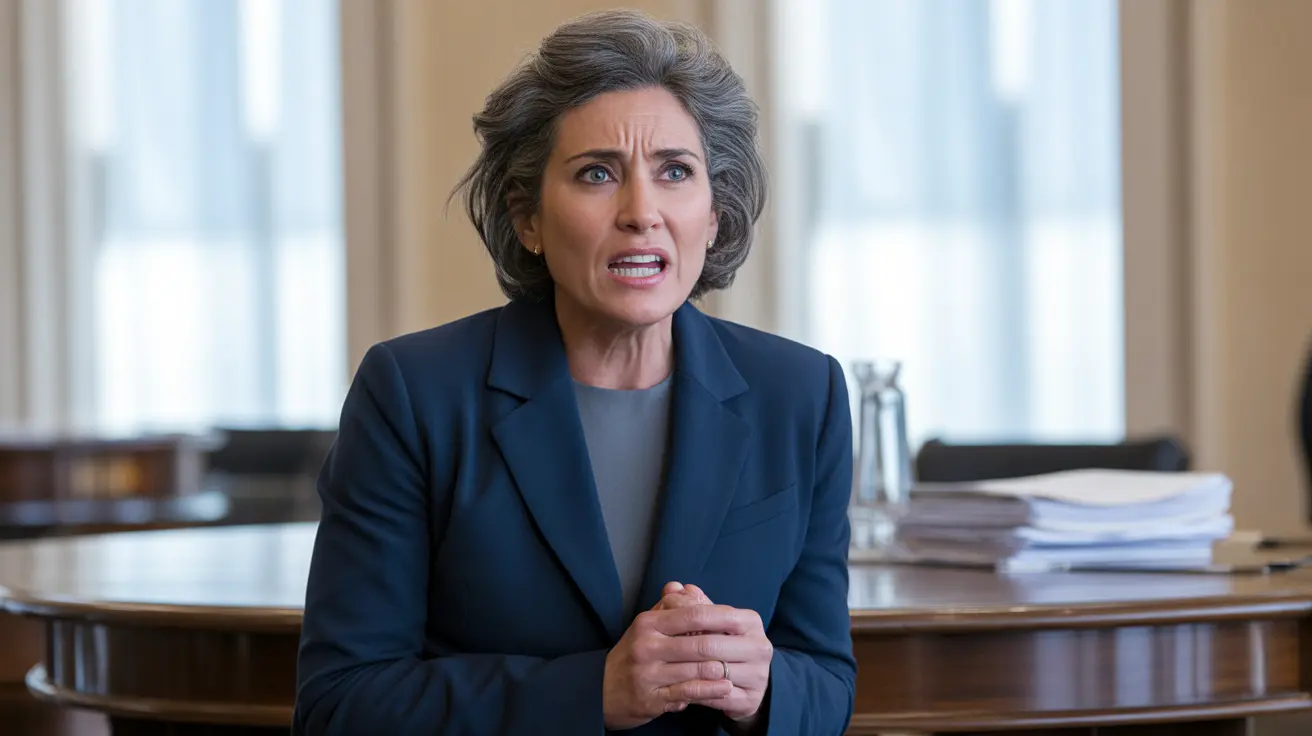Understanding the Average Cost of a Cavalier King Charles Spaniel Puppy
The
Cavalier King Charles Spaniel is one of the most beloved toy breeds, known for its affectionate, friendly nature and elegant appearance. While the breed's charm is undeniable, potential owners must prepare for not only the emotional and physical commitment but also the financial responsibilities — beginning with the initial cost of acquiring a puppy.
Average Cost of a Cavalier King Charles Spaniel Puppy
The
typical price range for a Cavalier puppy purchased from a reputable breeder falls between
$1,800 and $3,500. This variation depends on several factors, including pedigree, coat color, breeder reputation, and geographic location.
Factors Affecting Price
Several elements influence the cost of a Cavalier puppy:
- Lineage and Pedigree: Puppies from champion bloodlines or show-quality parents tend to command higher prices.
- Color Variety: While all coat colors are valued, rare or highly desired combinations may fetch premium prices.
- Health Testing: Responsible breeders invest in genetic and physical health screenings of parent dogs, increasing the puppy's cost but reducing risks of inherited conditions.
- Breeder Reputation: Well-established breeders with proven care standards typically charge more for high-quality, socialized puppies.
- Geographic Location: Prices may vary by region due to supply, demand, and local veterinary costs.
Why Buying from a Reputable Breeder Matters
Spending more upfront with a responsible breeder often results in long-term savings. Reputable breeders:
- Provide veterinary certification for heart, eye, neurological, and hip health.
- Ensure the puppies are socialized and temperament-tested.
- Offer contracts, health guarantees, and ongoing support.
Additional Expenses Beyond the Purchase Price
Owning a Cavalier King Charles Spaniel comes with recurring and one-time expenses that should be budgeted:
- Veterinary care: Annual check-ups, vaccinations, and emergency services can cost hundreds or even thousands yearly, especially due to breed-specific conditions like mitral valve disease (MVD) and syringomyelia.
- Grooming: Their long, silky coats require daily brushing and regular trims, especially around ears and paws.
- Pet insurance: Recommended due to potential hereditary health issues, insurance plans can range from $30–$70 per month depending on coverage.
- Training and supplies: Crates, leashes, treats, and professional training sessions can quickly add up.
- Food and supplements: A balanced, portion-controlled diet helps prevent obesity—a common issue in Cavaliers.
Adoption and Alternative Options
Some prospective owners opt to adopt through Cavalier rescue groups or shelters. Adoption fees are significantly lower—typically between
$200–$600—and include vaccinations and spay/neuter surgery. This is a great option for those who want to offer a home to an older dog or one with special needs.
Long-Term Financial Commitment
Cavaliers live between
12–15 years. Over their lifetime, total care costs, including food, veterinary care, grooming, and other essentials, can exceed
$15,000–$25,000. Planning ahead ensures a smoother journey as a pet parent.
How to Identify a Quality Breeder
To ensure you’re purchasing from a responsible source:
- Ask for health certifications and genetic test results for both puppy's parents.
- Visit the breeder’s facility to verify cleanliness and observe the pups’ behavior.
- Check references, reviews, and memberships in breed clubs or associations.
- Avoid breeders who offer no questions or sell puppies under eight weeks old.
Conclusion
Bringing a Cavalier King Charles Spaniel into your life means investing in a loyal, affectionate companion. While the purchase price may seem high, especially compared to other breeds, it reflects the careful breeding and preventive healthcare that reputable breeders provide. This upfront investment protects against many health and behavioral issues, ensuring a longer, happier life for your newest family member.
When choosing to welcome a Cavalier into your home, prioritize
health testing, responsible breeding, and lifelong care — your puppy’s well-being is worth every dollar.





